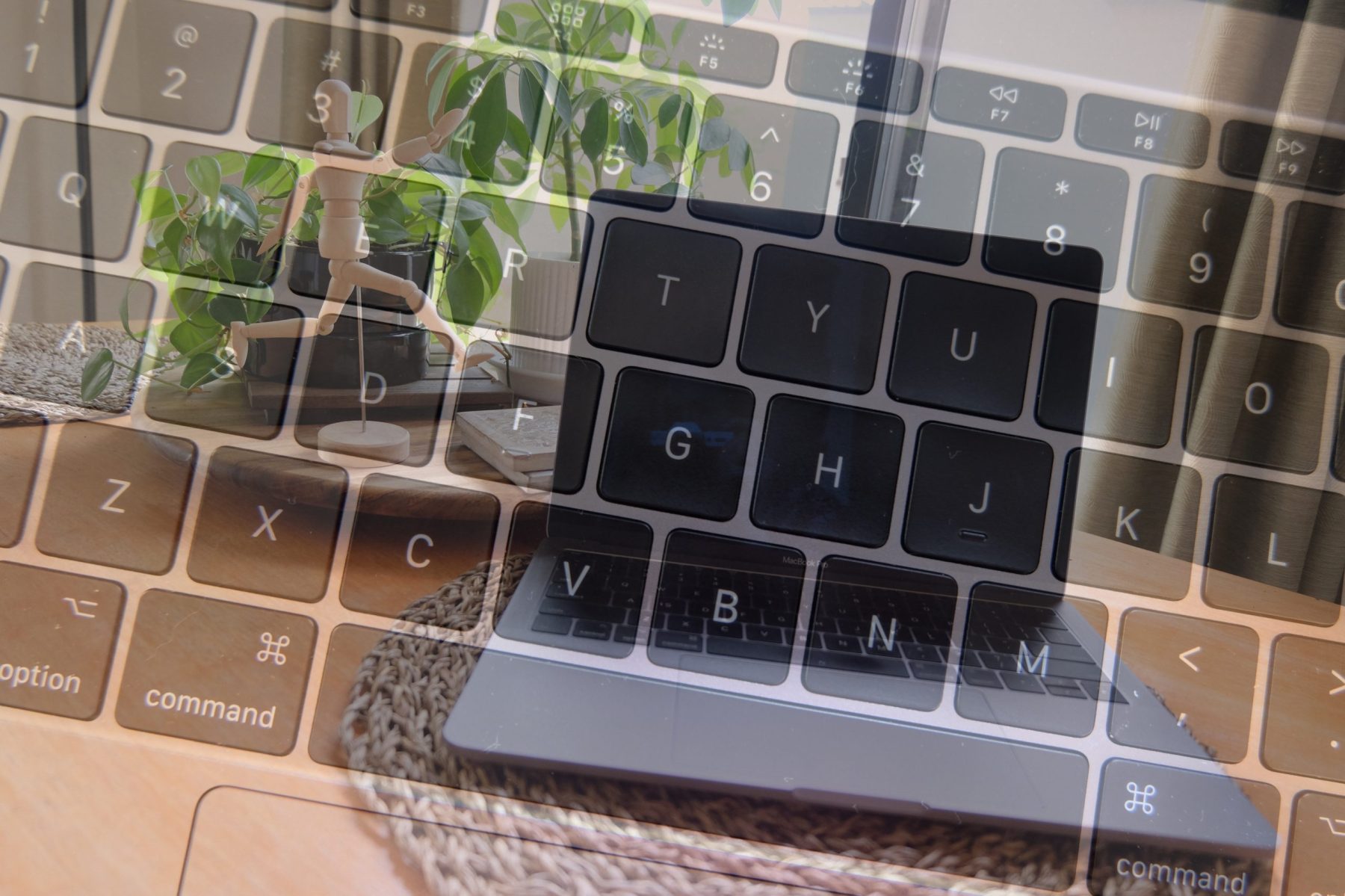Computers have revolutionized every aspect of human life. A task that took much attention, as well as time, is now being done a lot quicker by algorisms. One could make a solid case that no other invention has drastically changed the world such as the creation of computers. Ripple effects have been felt by the changes in productivity, efficiency, and accountability that computers uphold. It is clear that computers have made the world safer in many aspects, however, in contrast, computers have also have made the world less safe.
Ways that computers make the world safer:
Computers were first made to solve mathematical problems and by this, computers have eliminated much of human error. This simple aspect has made the world around us much safer because computers are extremely reliable as they produce outputs much quicker with fewer errors than a human doing it manually.
Another way computers make the world safer is by accountability. The invention of computers was first intended to solve problems, then the invention of the internet and networks gave computers a way to communicate. With the Internet of Things (IoT), anyone can have a surveillance security system for their home. With the IoT, you can also keep track of your finances, business, and relationships more easily and conveniently. You can set up alarms and notifications to keep yourself accountable. It is also a great tool for Law enforcement to gain evidence for criminal investigations. Societies tend to behave better than they are conscious of a system of accountability.
Ways that computers make the world less safe:
Computers have given the world access to unlimited amounts of information unlike ever before. Access to information is as easy as a swipe of the finger pressed to an iPhone. When individuals have access to information, they gain the power of knowledge. Having access to information in education, business, and research gives individuals more control over their lives to make educated decisions. Since life can be enriched with information, it represents a type of commodity. Big Tech figured this out when the offer of “free” information gave companies direct access to people’s data. In exchange for information, data is collected from our devices. Data that is filled with direct, personal, material. With the right authorizations or the right hacking capabilities, anyone can have access to data about anyone they desire for commercial use or other purposes.
In a time of ever-growing authoritarianism and AI (Artificial Intelligence), freedoms appear to be threatened by excessive surveillance. Corporate and government censorships are nothing new. Representing those roles as leaders, being in the “known” gives them certain controls. Having vast quantities of individuals’ data can be used for manipulation if fallen into the wrong hands. Personal data is valuable because it has the power of persuasion. The debate on surveillance is that it creates a safer environment for everyone. However, if the value of privacy is seen as a fundamental human right, how can privacy be protected while simultaneously protecting societal values?
Ironically, computers have made the world safer in many aspects of life, and simultaneously less safe as it threatens individuals’ autonomy through the invasion of privacy.
